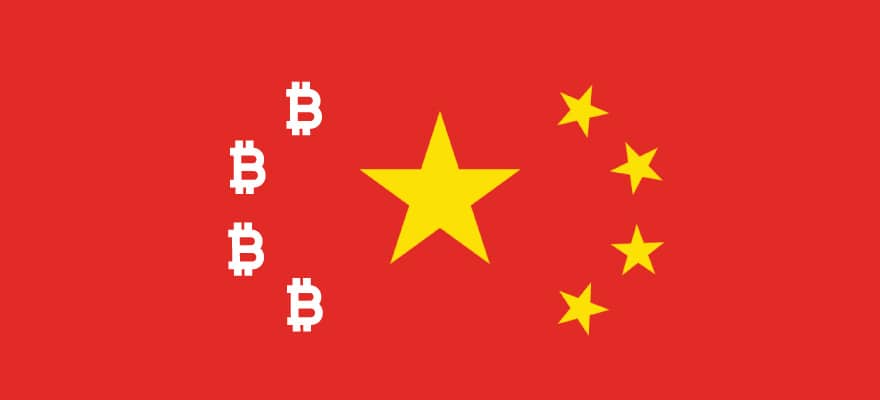Chinese crypto traders are paying a premium price to get their hands on stablecoins, revealed cnLedger on Twitter.
As seen on two shared snapshots, over-the-counter (OTC) desks of both Huobi and OKEX are charging a significantly higher premium price for USDT tokens. Backed by USD, Tether is being sold at CNY 7 apiece, while the foreign exchange rate of $1 is only CNY 6.7.
1/ Chinese markets reveal strong buys. OTC (Over-The-Counter) trades, the almost only way to buy Bitcoin with fiat in China, showing considerable $ premium (1 USDT = 7 CNY) over the official rate of 1 USD = 6.7 CNY. pic.twitter.com/bd0n0DGFVU
— cnLedger (@cnLedger) April 8, 2019
Say No to Crypto Trading
In September 2017, the Chinese government banned all crypto trading activities within its jurisdictions. However, crypto traders in the country found a loophole that enables them to engage in trading activities.
As purchasing stablecoins through OTC desks is allowed in China, crypto traders buy these USD-backed assets and transfer them to any exchange listing crypto against stablecoins using a virtual private network (VPN). They can then easily trade digital currencies and encash the profits in local fiat in a similar way.
“Why the USDT premium going up? After the PBoC ICO/exchange ban, the most convenient way to buy cryptos in China is to buy stable coins like USDT first using OTC, and then trade it into any cryptos you want in exchanges,” cnLedger explained in a consecutive Tweet.
The sudden demand for stablecoins among Chinese traders was boosted by the surge in crypto prices in recent days. Following a four-month dip, Bitcoin rose above $5,000 again while the total market cap of the decade-old market reached a 5-month high, according to Coinmarketcap.com.
China, before the crypto ban, was the largest crypto trading market on the globe in terms of volume. Pointing out the present situation in the country, an analyst going by the name of “Light” stated: “We are witnessing a resurgence in Chinese demand for Cryptocurrencies . This trend in the making comes after more than a year of relative quiet, a reminder of the time when Chinese volumes were king.”

















